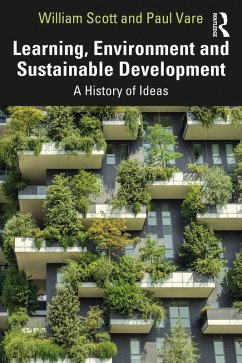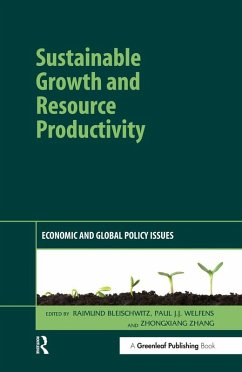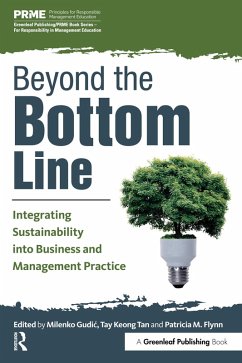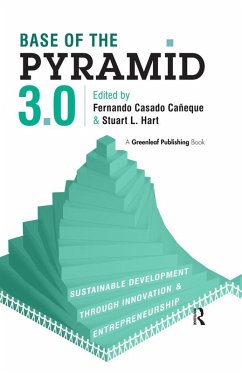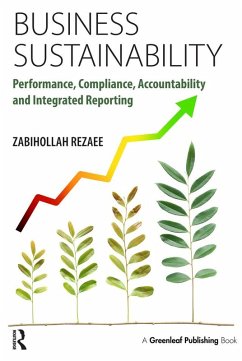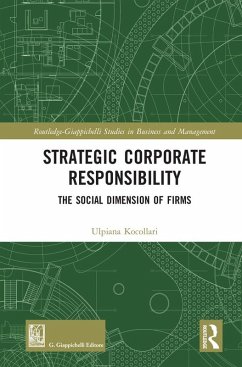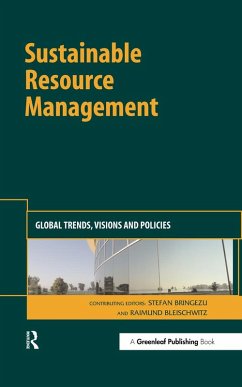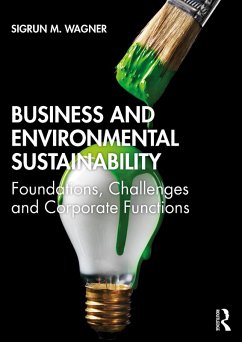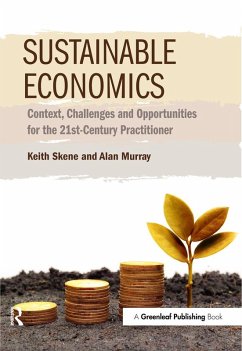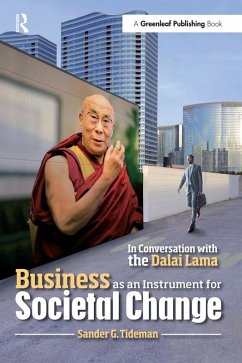
Learning, Environment and Sustainable Development (eBook, ePUB)
A History of Ideas
Versandkostenfrei!
Sofort per Download lieferbar
39,95 €
inkl. MwSt.
Weitere Ausgaben:

PAYBACK Punkte
20 °P sammeln!
This book is an introduction to the long history of human learning, the environment and sustainable development - about our struggles with the natural world: first for survival, then for dominance, currently for self-preservation, and in future perhaps, even for long-term, mutually beneficial co-existence. It charts the long arc of human-environment relationships through the specific lens of human learning, putting on record many of the people, ideas and events that have contributed, often unwittingly, to the global movement for sustainable development.Human learning has always had a focus on ...
This book is an introduction to the long history of human learning, the environment and sustainable development - about our struggles with the natural world: first for survival, then for dominance, currently for self-preservation, and in future perhaps, even for long-term, mutually beneficial co-existence. It charts the long arc of human-environment relationships through the specific lens of human learning, putting on record many of the people, ideas and events that have contributed, often unwittingly, to the global movement for sustainable development.
Human learning has always had a focus on the environment. It's something we've been engaged in ever since we began interacting with our surroundings and thinking about the impacts, outcomes and consequences of our actions and interactions. This unique story told by the authors is episodic rather than a connected, linear account; it probes, questions and re-examines familiar issues from novel perspectives, and looks ahead. The book is of particular interest to those studying (and teaching) courses with a focus on socio-economic and environmental sustainability, and non-governmental organisations whose work brings them face-to-face with the general public and social enterprises.
Human learning has always had a focus on the environment. It's something we've been engaged in ever since we began interacting with our surroundings and thinking about the impacts, outcomes and consequences of our actions and interactions. This unique story told by the authors is episodic rather than a connected, linear account; it probes, questions and re-examines familiar issues from novel perspectives, and looks ahead. The book is of particular interest to those studying (and teaching) courses with a focus on socio-economic and environmental sustainability, and non-governmental organisations whose work brings them face-to-face with the general public and social enterprises.
Dieser Download kann aus rechtlichen Gründen nur mit Rechnungsadresse in A, B, BG, CY, CZ, D, DK, EW, E, FIN, F, GR, HR, H, IRL, I, LT, L, LR, M, NL, PL, P, R, S, SLO, SK ausgeliefert werden.




